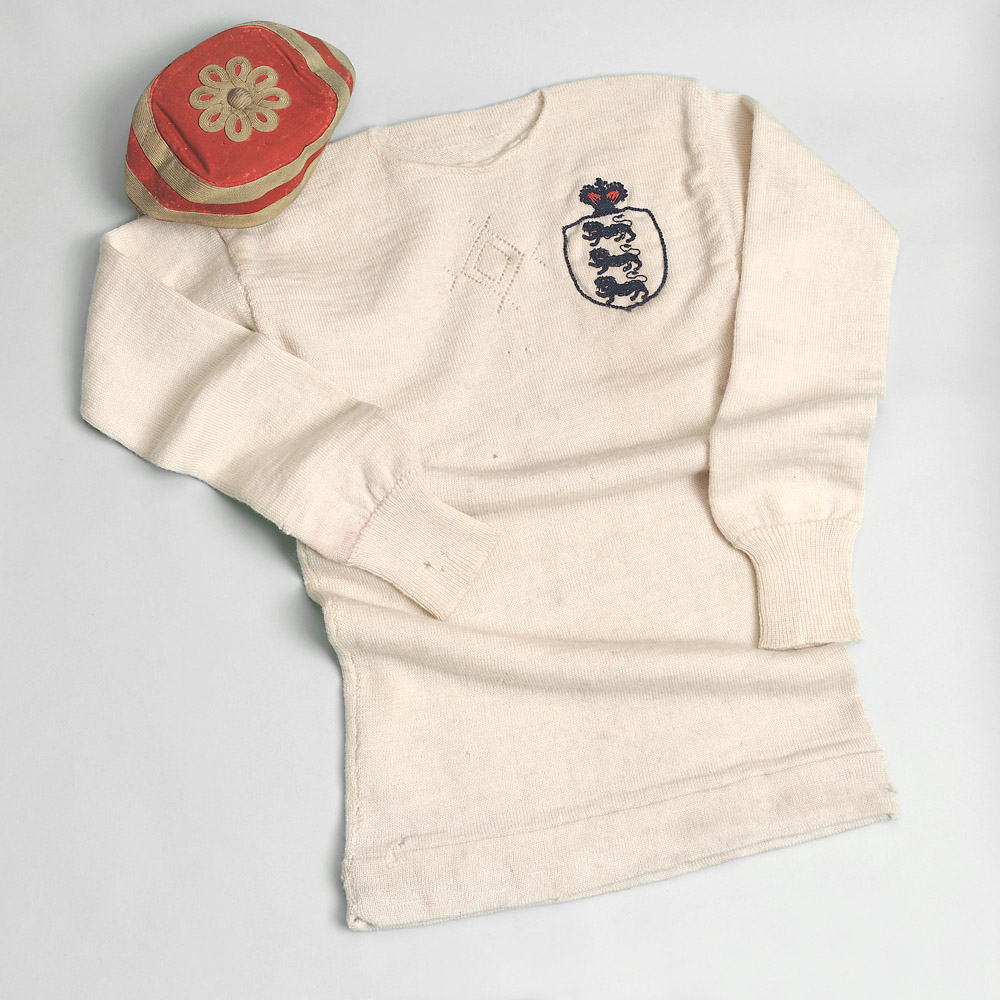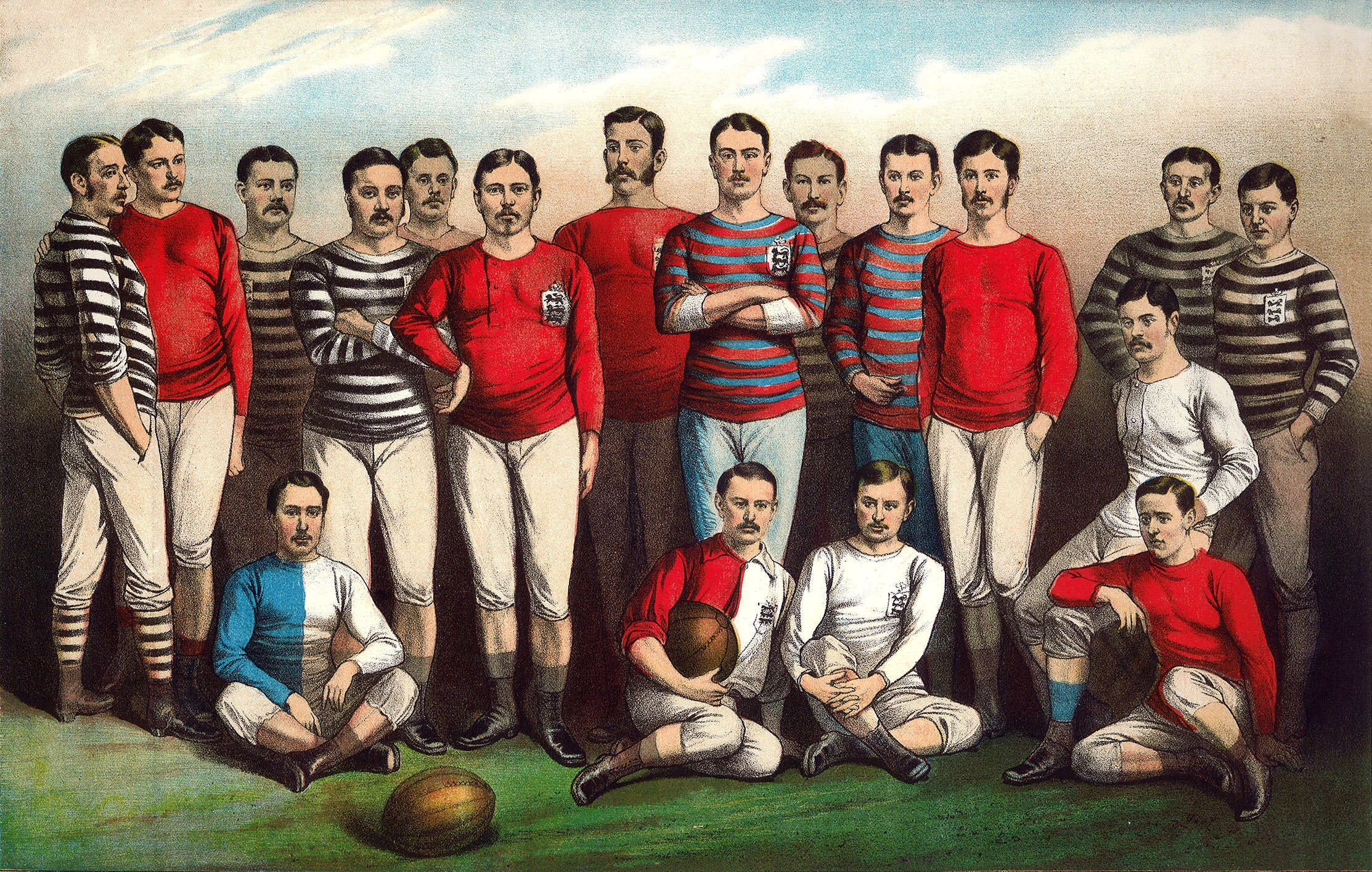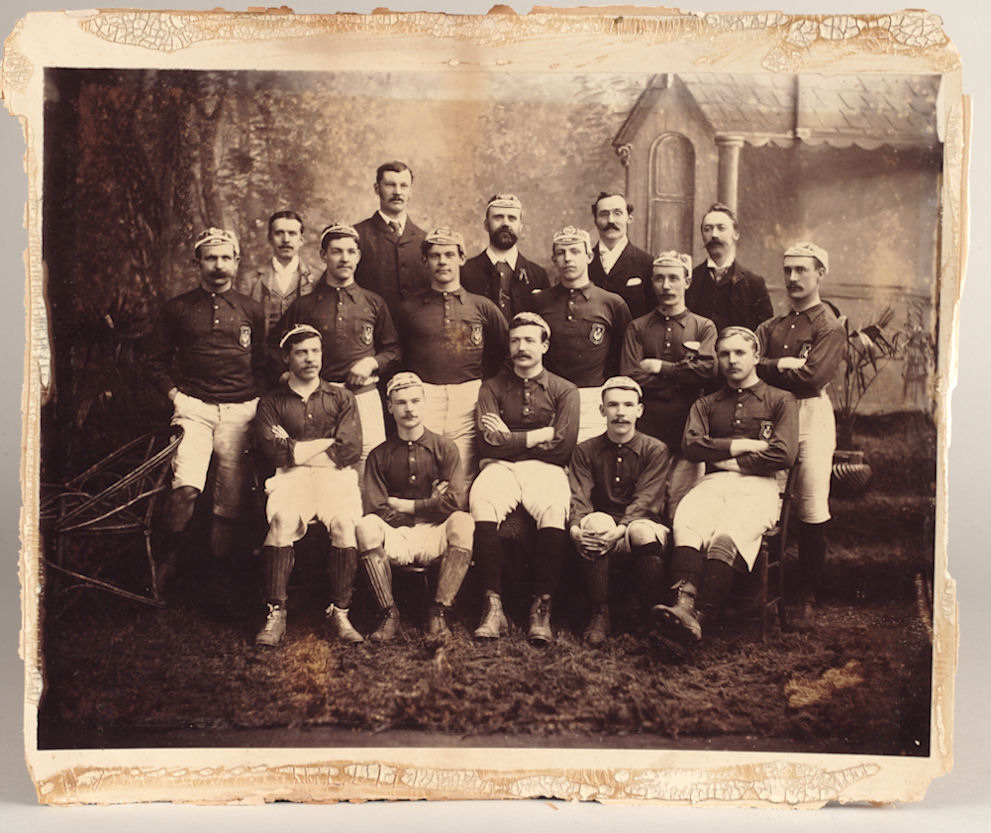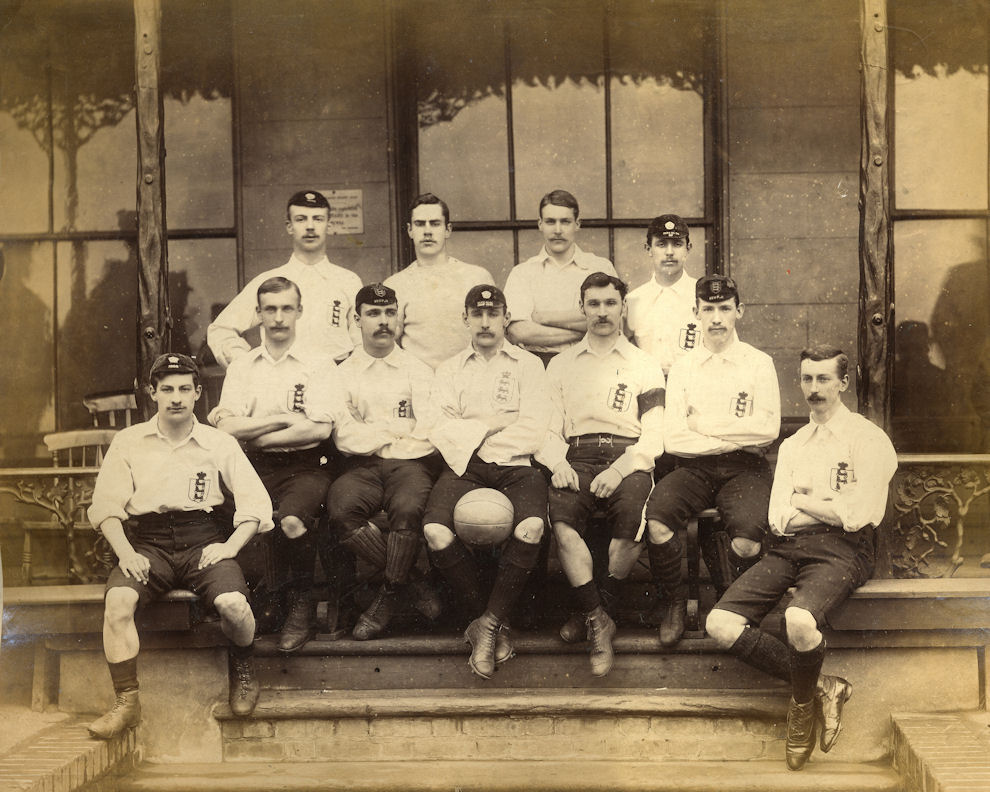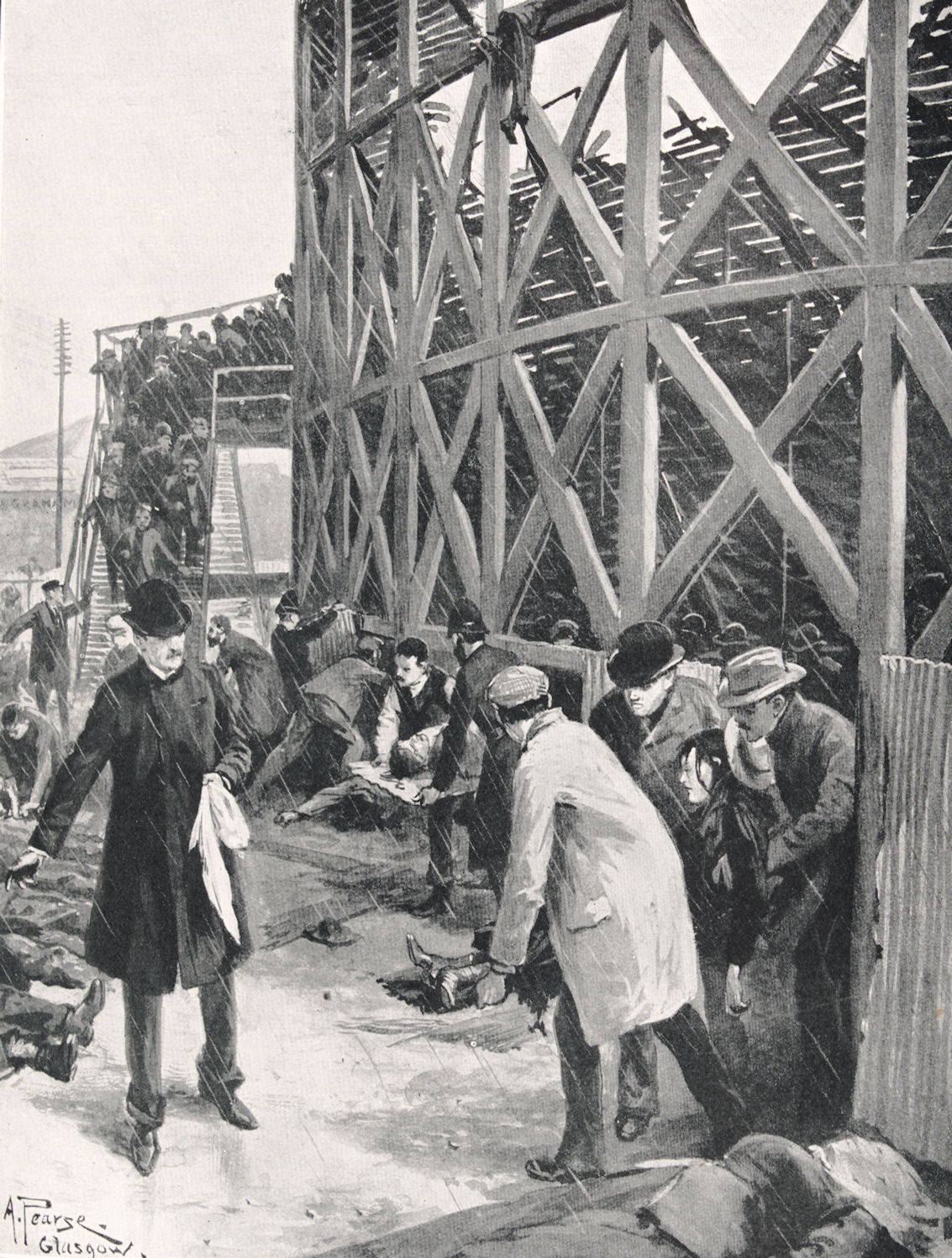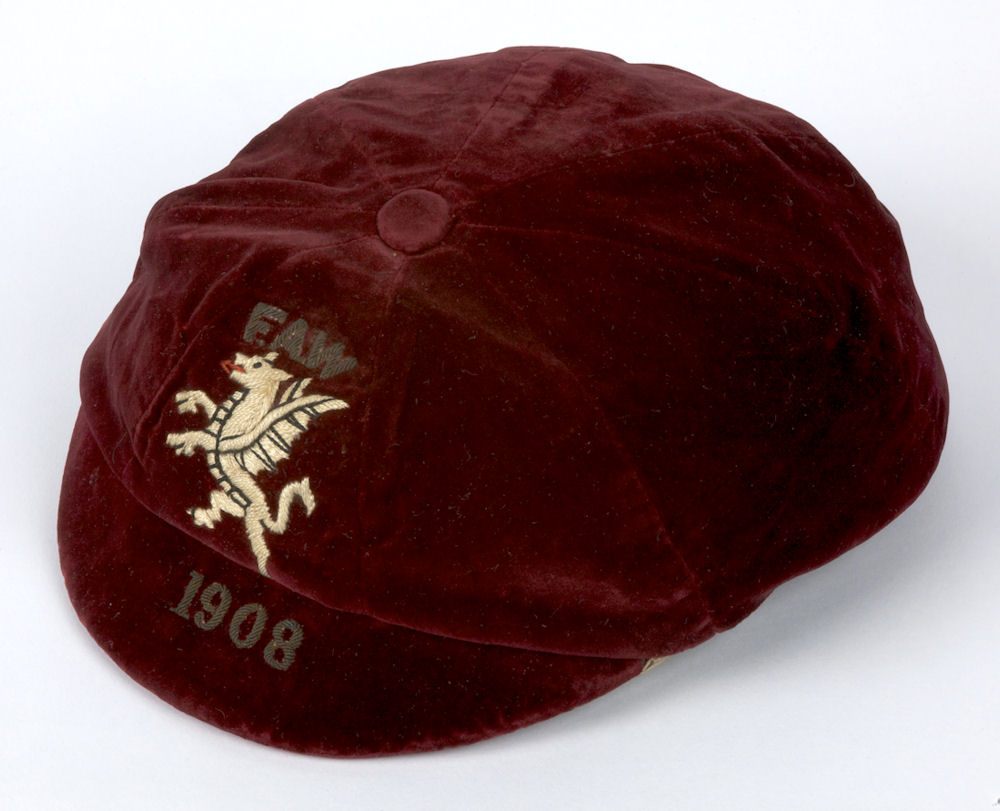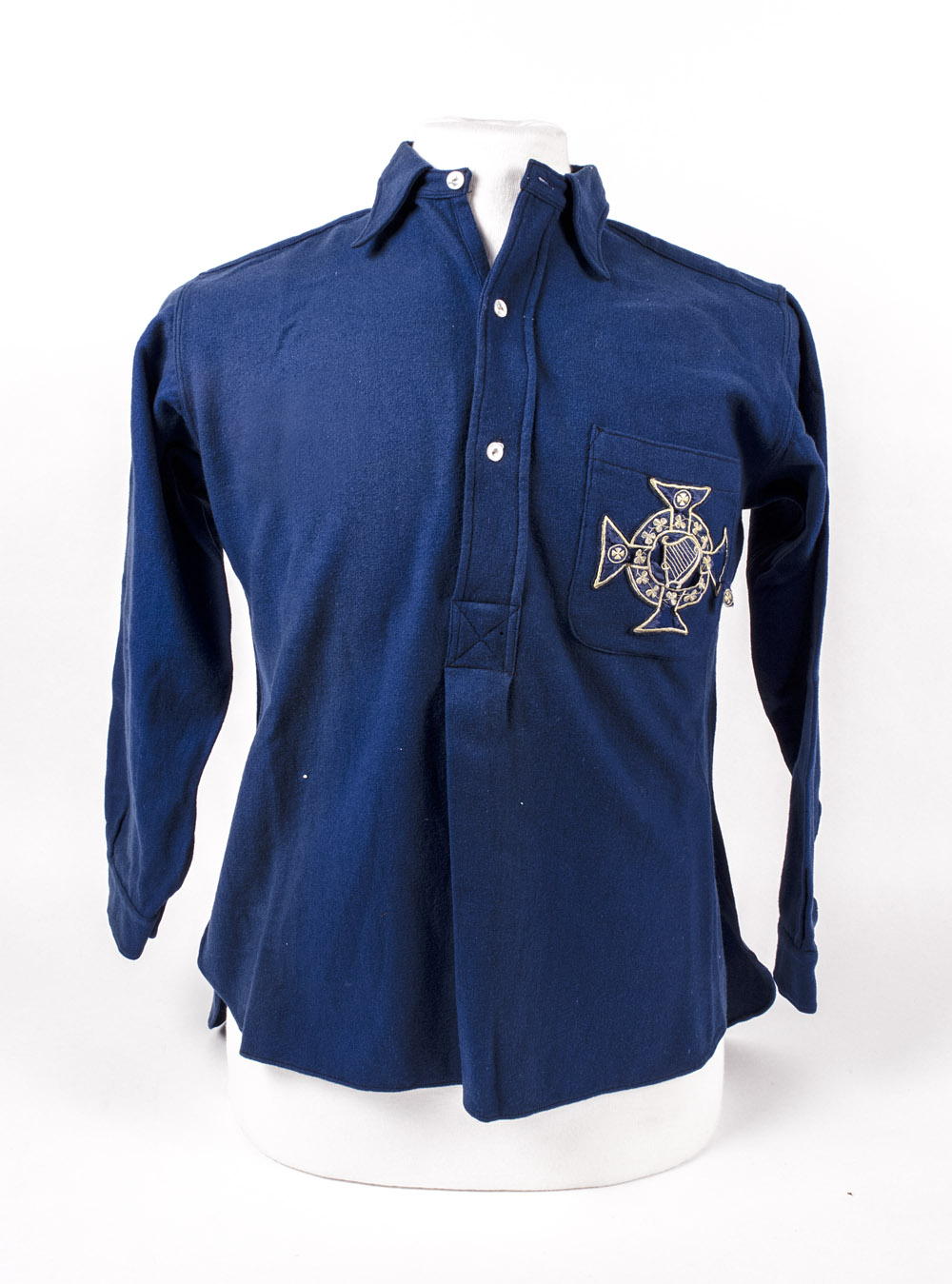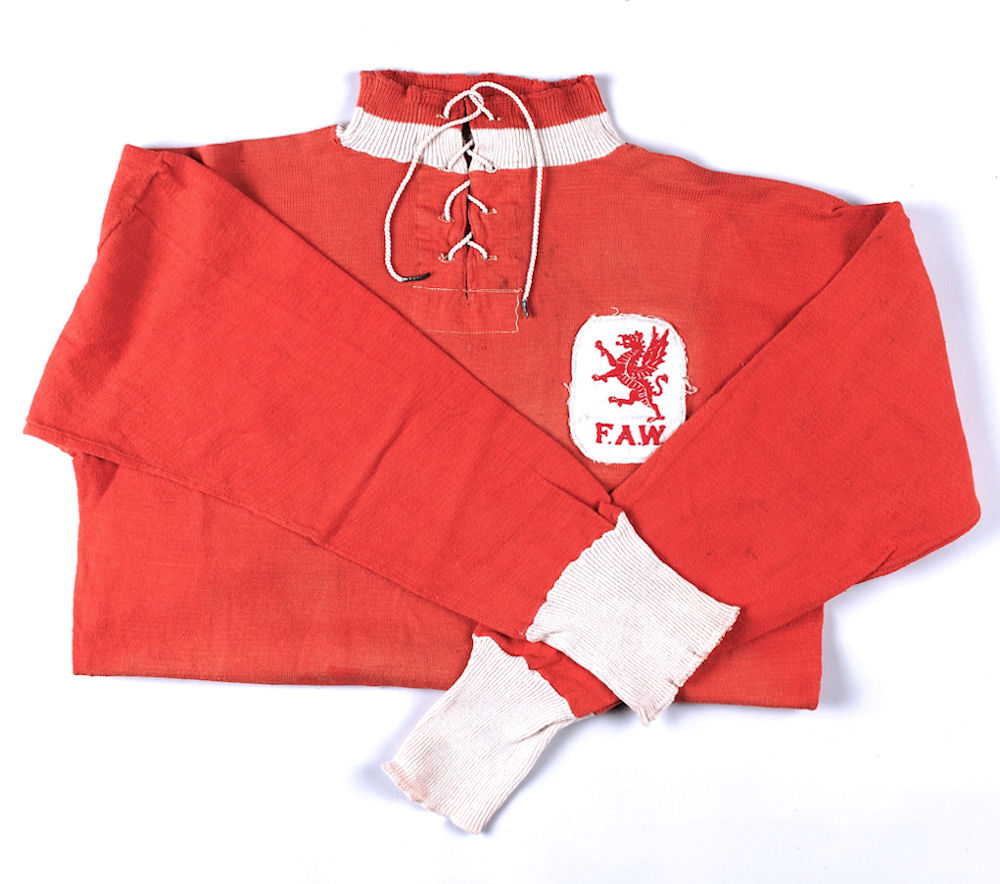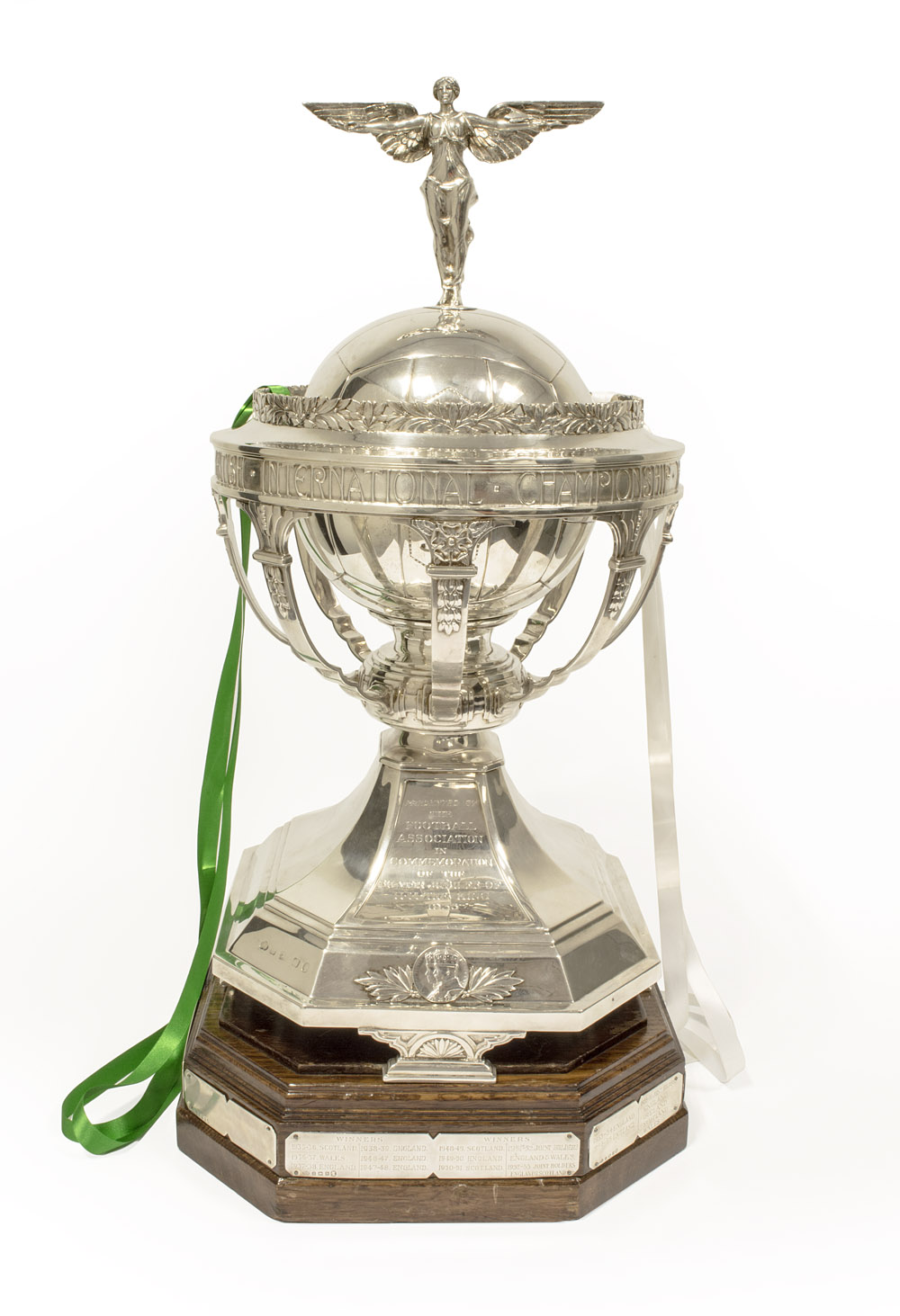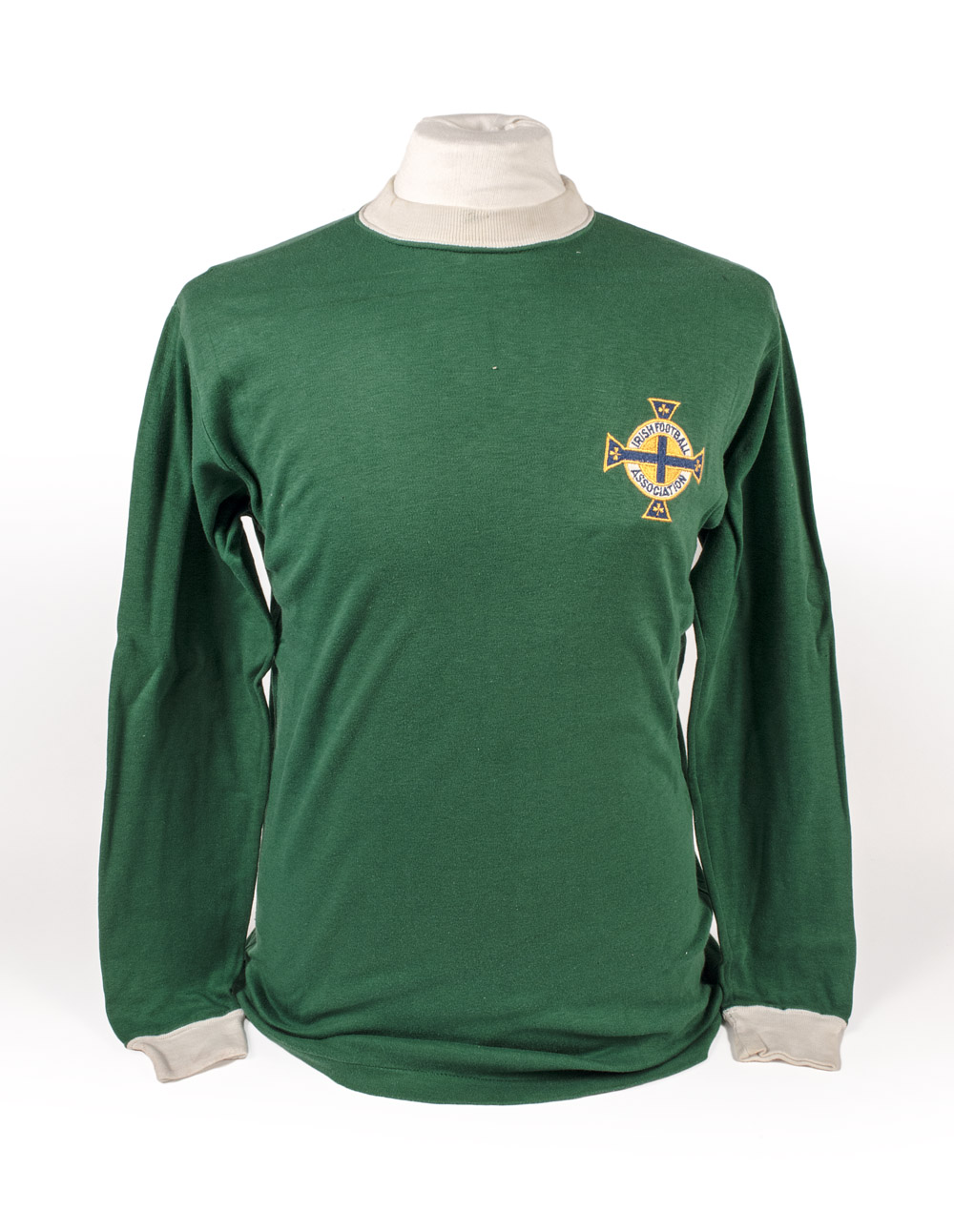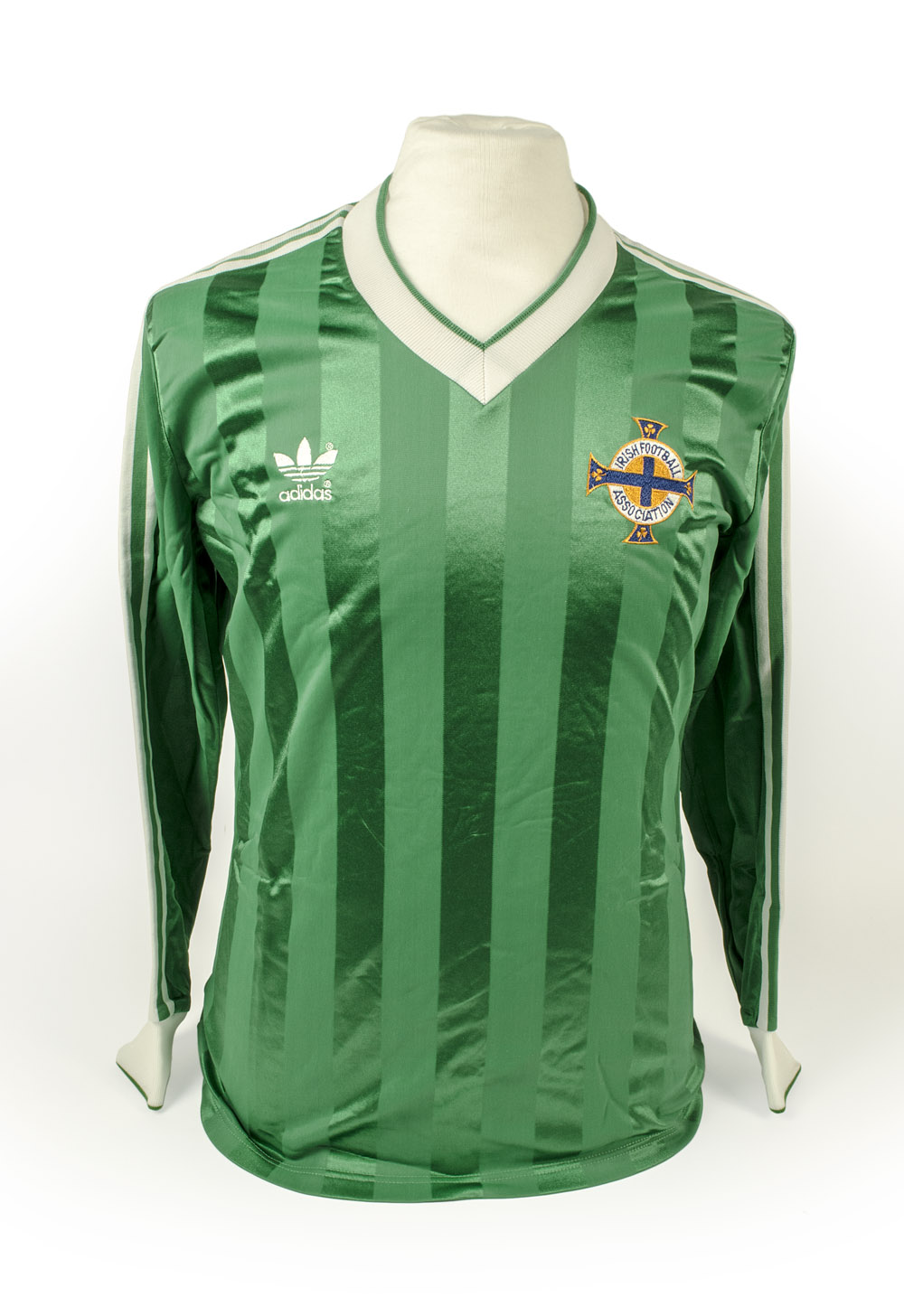
The British Home Championship was the world’s oldest international football tournament. The national teams of England, Ireland (later Northern Ireland) Scotland and Wales first competed during the 1883–84 season. It was played for 100 years until the whistle was blown on the competition in 1984.
Early International Football
England and Scotland contested the first international association football match in 1872.
The First International Football Competition
Unifying the codes brings about the opportunity for competition.
The Inaugural Championship
46 years before Uruguay hosted the first World Cup, the best of the four British national sides could stake a claim to be the football champions of the world.
1888: Outright Victory for England
Scotland had won three of the first four Championships, sharing one with England. Having lost narrowly to the Scots in 1887, England were desperate to go one better.
1902: Disaster at Ibrox
The 1901/02 season saw England and Scotland field teams made up entirely of professional players for the first time. The final game of the tournament saw the two sides face off at Rangers’ Ibrox Park.
1907: Welsh Football Comes of Age
England and Scotland had dominated the tournament’s first 23 years. Could Wales’s rise threaten the status quo?
1914: The Turn of the Irish
Finishing in last place 17 times during the first 30 years of the Home Championship, Ireland were the worst performing nation. Spurred on by a first victory over England in 1913, Ireland set their sights on the prize.
1920: Meredith Bows Out
The end of hostilities allows the resumption of competitive football, while one of the game’s greatest players still dreams of defeating England.
1935: Silverware for the Jubilee
Although the Home Championship had been played for 50 years, until 1935, no team had lifted a trophy.
1949-50: Games of Global Importance
Although the first FIFA World Cup had taken place in 1930, the home nations had taken no part. In the 1949/50 season, however, the Home Championships were to double as a qualifying round for the 1950 World Cup Finals in Brazil.
Places in Brazil were to be given to both the winners and runners up, but Scotland announced that they would only go if they won outright. Having finished second to England, they declined their invitation, and while England played in Brazil, they failed to impress on the world stage.
1967: Scotland Become "CHAMPIONS OF THE WORLD"
Following England’s victory in the final of the previous year’s World Cup, the 1967 Home Championship took on a greater significance. If one of the other nations were to beat England to the title, could they claim to have usurped England’s place as World Champions?
The unofficial title could be claimed by Scotland if they were to beat England in the final match at Wembley on 15 April.
1971: Best Chance
George Best’s Northern Ireland never qualified for the World Cup, neither had they won the Home Championship during his international career.
1984: The Final Whistle
Following troubles both on and off the pitch, social unrest in the British Isles and declining attendances, the Home Championships were abolished in its centenary year.
Shop This Exhibition
Browse our shop for British Home Championship products and memorabilia.

